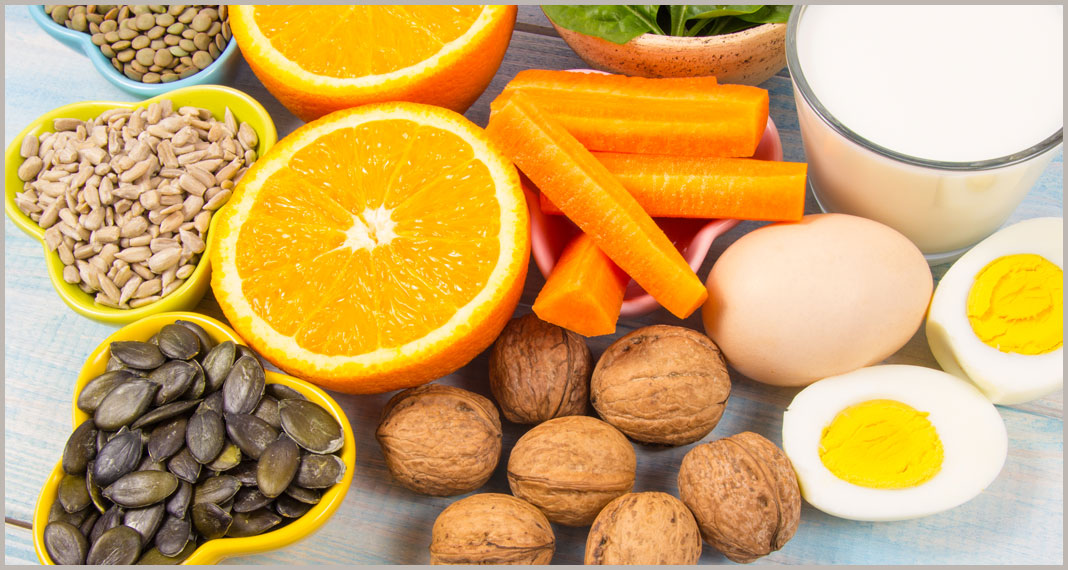
Your online cosmetic and personal care product packaging resource!
“Studies in animals show that thiamin deficiency could lead to brain changes similar to the changes seen in Alzheimer’s disease.”


e continue our multi-part series on nutritional components that are essential for good health and lasting beauty. Next up, the first of the B vitamins, B1, also known as thiamin.

Thiamin (Vitamin B1) is an essential water-soluble vitamin that is a critical component of metabolism and energy production. Thiamin plays a key role in glucose metabolism. Because of its role in extracting nutrients and energy from the food we ingest, thiamin impacts every organ system in the body.
Adequate thiamin intake helps maintain a healthy nervous system and cardiovascular system. With regard to the skin, thiamin is necessary for collagen production, the generation of new skin cells, and wound healing.
One of the most serious consequences of thiamin deficiency is beriberi. Beriberi can present in two forms. One form, wet beriberi, affects the heart and circulatory system, leading to heart failure that is potentially fatal. The other form, dry beriberi, causes wasting, pain, and paralysis due to brain and nervous system deterioration. While thiamin therapy may reverse these disorders, some damage may be permanent.
Studies in animals show that thiamin deficiency could lead to brain changes similar to the changes seen in Alzheimer’s disease. Thiamin deficiency has also been shown to increase cognitive decline in the elderly. While it is clear that adequate levels of thiamin are essential for brain and nervous system health, supplementing with extra thiamin has not been proven to reverse dementia or Alzheimer’s disease. As with most nutrients, “adequate, not extra” is the key to good health when it comes to thiamin.
The RDA (Recommended Dietary Allowance) for thiamin is 1.2 mg for adult males per day, and 1.1 mg for adult females per day, increasing to 1.4 mg during pregnancy. While these may seem like very small amounts compared to the RDA’s of other nutrients, it is important to keep in mind that while many foods do contain thiamin, they do so in very small amounts.
Good food sources of thiamin include whole grains, including whole grain cereals, beans, nuts and seeds, green peas and pork. Fish and dairy products, as well as many fruits and vegetables contain some thiamin. Asparagus is a good vegetable source for thiamin, with one cup providing nearly 25% of your daily needs for this vitamin. Thiamin is very sensitive to the effects of processing and cooking, both of which can significantly diminish thiamin content in foods. Processed foods, including those made with processed white flour are poor sources of thiamin unless they have been enriched.
While there is no established upper tolerable limit for thiamin intake, some experts suggest that taking mega-doses could potentially have negative effects, and there have been some reports of skin reactions with high dose thiamin supplementation. As with most nutrients, unless you are addressing a specific deficiency under the supervision of your physician, it is best to try to get your daily thiamin requirement with a healthy, varied, whole food diet. September 2021
C O S M E T I C P A C K A G I N G I N S I D E R
Your online cosmetic and personal care product packaging resource!



